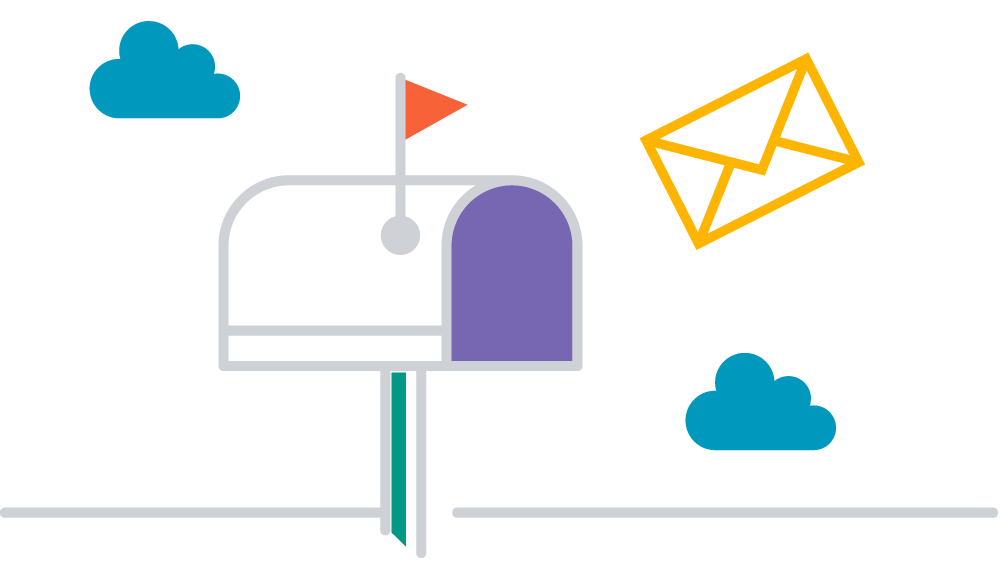Employment personality tests are facing criticism in New York and New Jersey this year as legislators evaluate potential issues that can occur within increasingly automated hiring processes. These personality tests, which legislators call “automated employment decision tools,” can contain and obscure biases and discrimination against certain individuals or groups, calling their relevance and even legality into question.
Skill assessments, on the other hand, are much more objective, factual, and job-related than personality tests. With skill assessments, job seekers have an opportunity to declare and even prove their capabilities to fill roles before they are hired. Because skill assessments are based on objective truths and facts, they are far more appropriate for determining an applicant’s potential value to employers.

Benefits of Employment Skill Assessments
Employee skill assessments are helpful for everyone involved, from the job seeker, to the nonprofit job placement specialist, to employers looking to hire. Skill assessments help bring all of a job seeker’s valuable traits together in one document, including technical skills, soft skills, personality traits, long-term goals, and whatever else your organization deems necessary for professional success.
Skill assessments are also helpful for instilling confidence in those seeking employment. Many job seekers — especially those who struggle to achieve or maintain employment — must accept job offers as they come. Without the luxury of choice, people can lose sight of the skills they have gained and the type of work they want to do. Walking a job seeker through a skill assessment gives them time to reflect on what kinds of jobs they can do and what kinds of jobs they might enjoy.
What to Include in Skill Assessments
Job skills and duties vary widely, so it’s crucial to develop a thorough and flexible assessment that covers all the things that can make a person attractive to a business. Some are obvious and often included on job applications, but others are less frequently mentioned on applications and résumés — it’s important to not overlook these skills when attempting to place a candidate in the appropriate role.
If you don’t have a skill assessment form built, feel free to use ours.
Click below to download our comprehensive, flexible employment skill assessment form.
If you would prefer to build your own custom skill assessment template, consider including fields to document clients’ experiences in these categories:
Education
Often the first field on a job application form or résumé, the client should provide a timeline of their education, starting with high school. If the client did not complete high school, encourage them to recollect and record any training sessions they had to complete outside the classroom or throughout their work history. Also consider listing any certificates the client has obtained either in an academic environment or as part of on-the-job training.
Work History
A candidate’s work history is arguably more important to employers than their education. Many employers are willing to train applicants and apprentices with a demonstrated background or interest in the field — especially within the trades. Even if the client has never worked in the field they are hoping to enter, a professional record of consistent attendance, growth, improvement, or adaptability will always translate.
Technical Skills
Technical skills are the tangible skill sets gained and used in past jobs, such as cooking, carpentry, small engine repair, or childcare. These skills can be developed in schools or in on-the-job training, but they are usually specialized to a particular industry or role. These technical skills will often make up the “Requirements” descriptions on job ads, so pay special attention to those skills the applicant hopes to continue to develop in their next role.
Soft Skills
Soft skills are slightly more difficult to declare and prove to prospective employers in writing, but they can make all the difference between an employee surviving or thriving in a particular role. These can include things like communication skills, flexibility, motivation to succeed, or leadership. Soft skills will often have a huge impact on employee performance reviews after an applicant is hired.
Technology
In 2023, it’s difficult to think of a job that doesn’t utilize technology. Technology in this sense doesn’t necessarily mean using computers and code, but any machinery or software that is useful for completing tasks quickly and well. Using anything from a phone, to a point-of-sale system, to a cement mixer, to a motor vehicle can become an asset to job-seekers if they can transfer that knowledge to their new team.
Interests & Goals
Often left out of résumés and job applications, and saved for job interviews, questions about interests and goals are a wonderful indicator of how successful a candidate might be in a certain role. Employees unhappy in their role or industry are less likely to stick around, and will take their valuable knowledge and experience with them when they go. Spend time getting to know your client’s dreams and ambitions so they can feel excited about their future and where their next role could eventually lead.
CaseWorthy Can Help Make Connections
CaseWorthy’s case management and career and employment services make collecting, storing, and sharing data on individual clients’ job searches simple. Built-in skill self-assessments, calendar integration, goal-tracking, and communication hubs help nonprofits establish and monitor connections between job seekers, workforce development programs, and hiring managers on an ongoing, case-by-case basis.
CaseWorthy’s online portal can serve as a centralized hub for clients who are looking for jobs. It provides them with a single location to fill out electronic forms or request support and training throughout their job search.
The ability to work alongside clients toward their goals can make all the difference in their professional success and personal lives.

